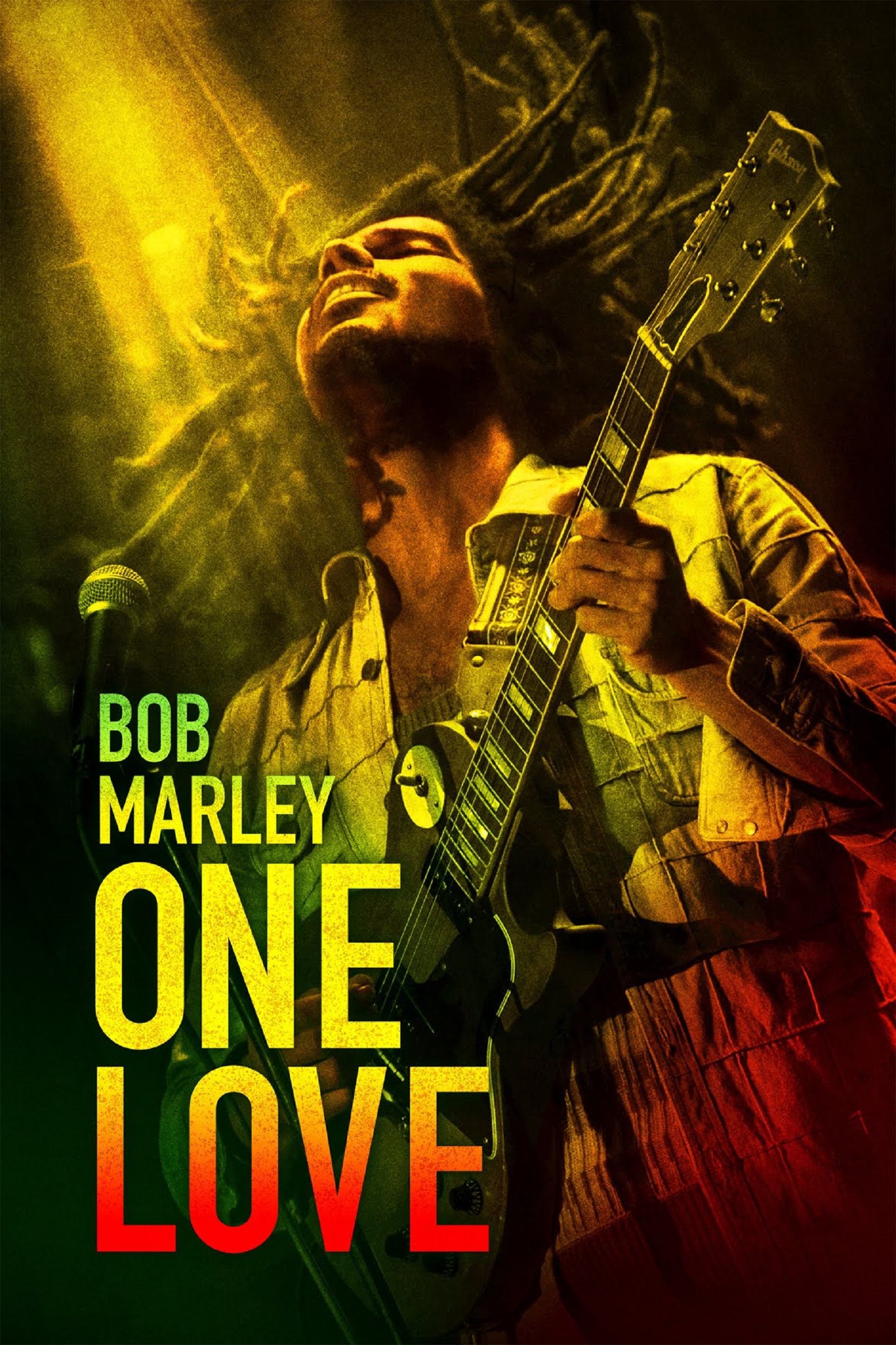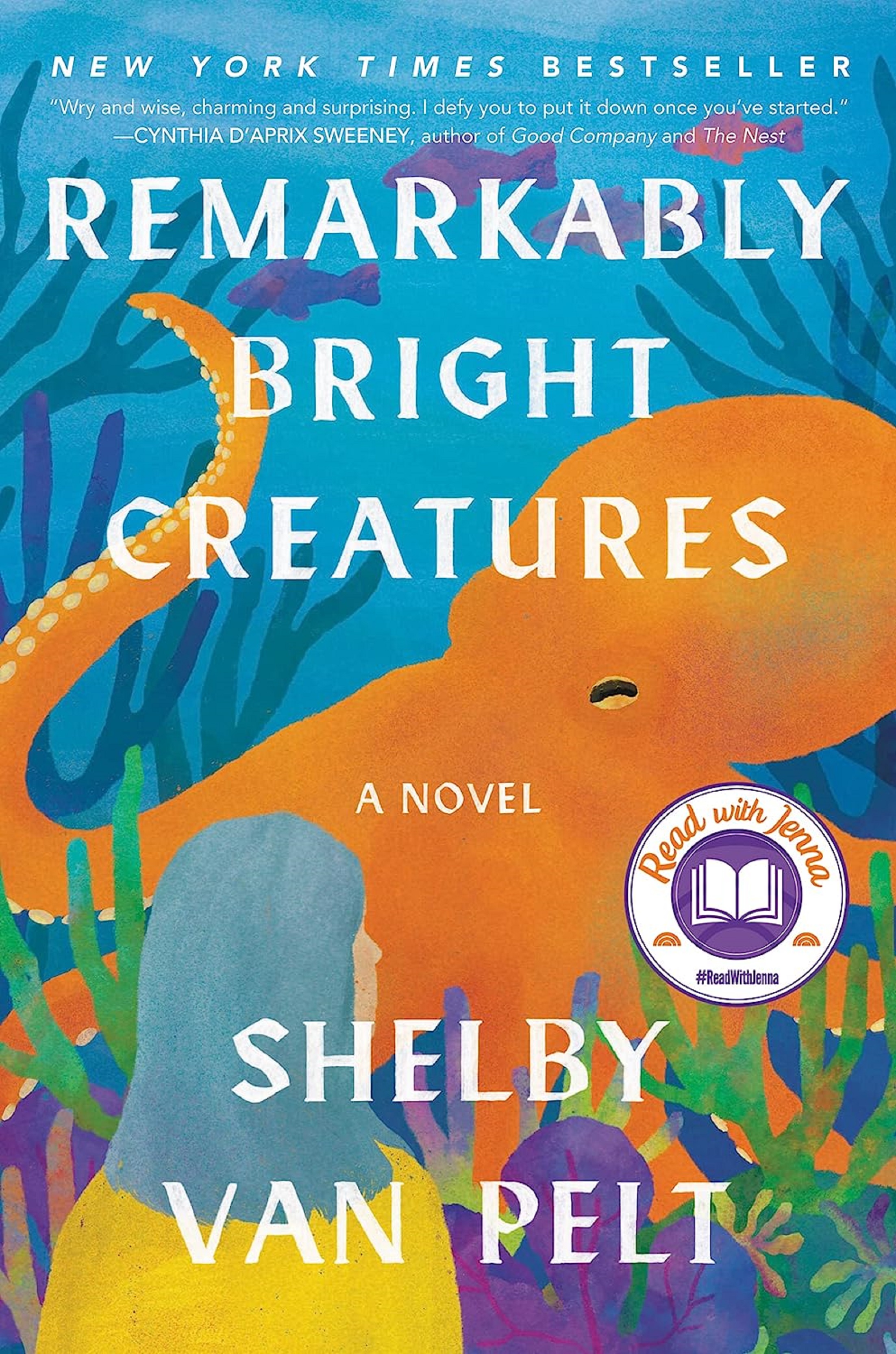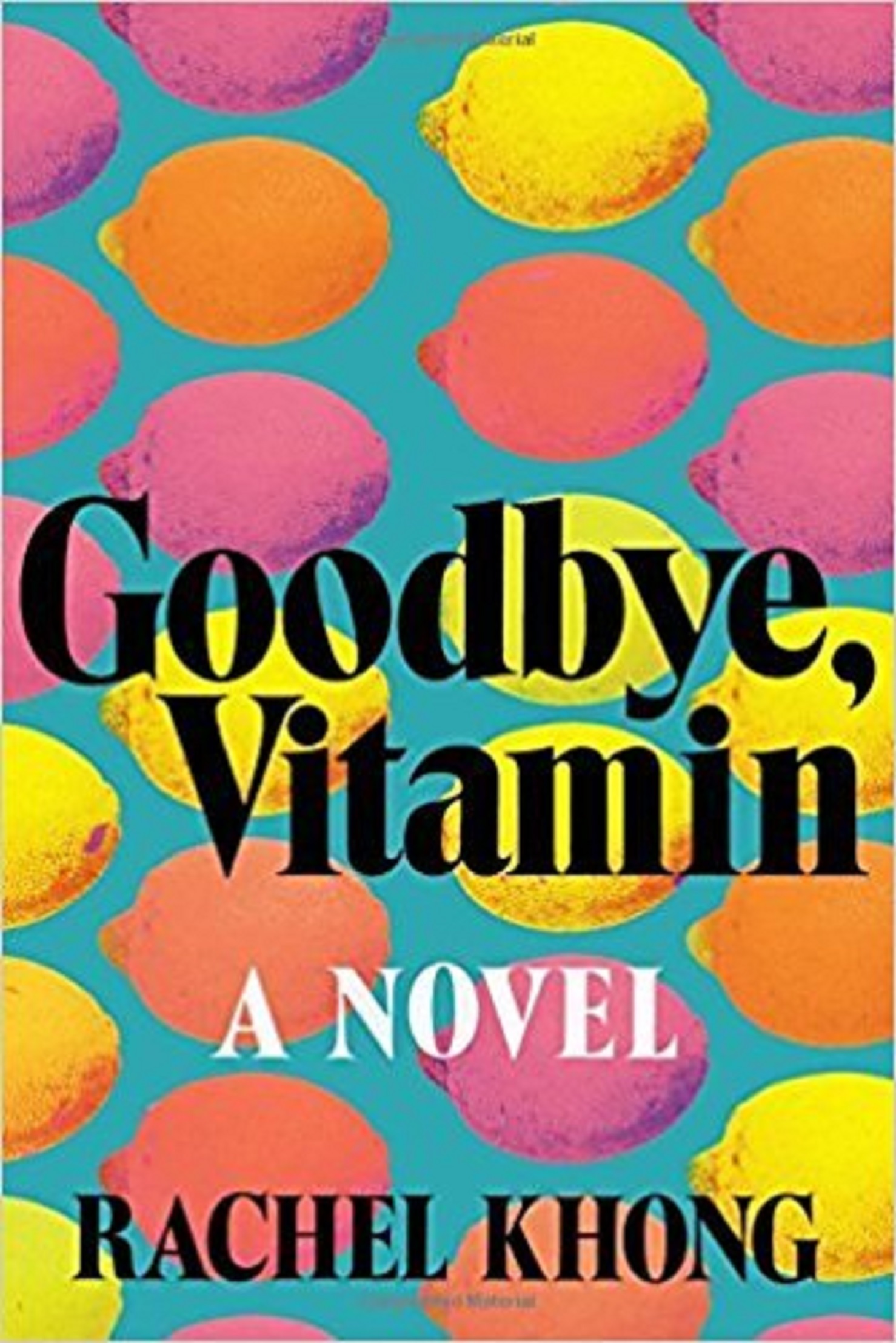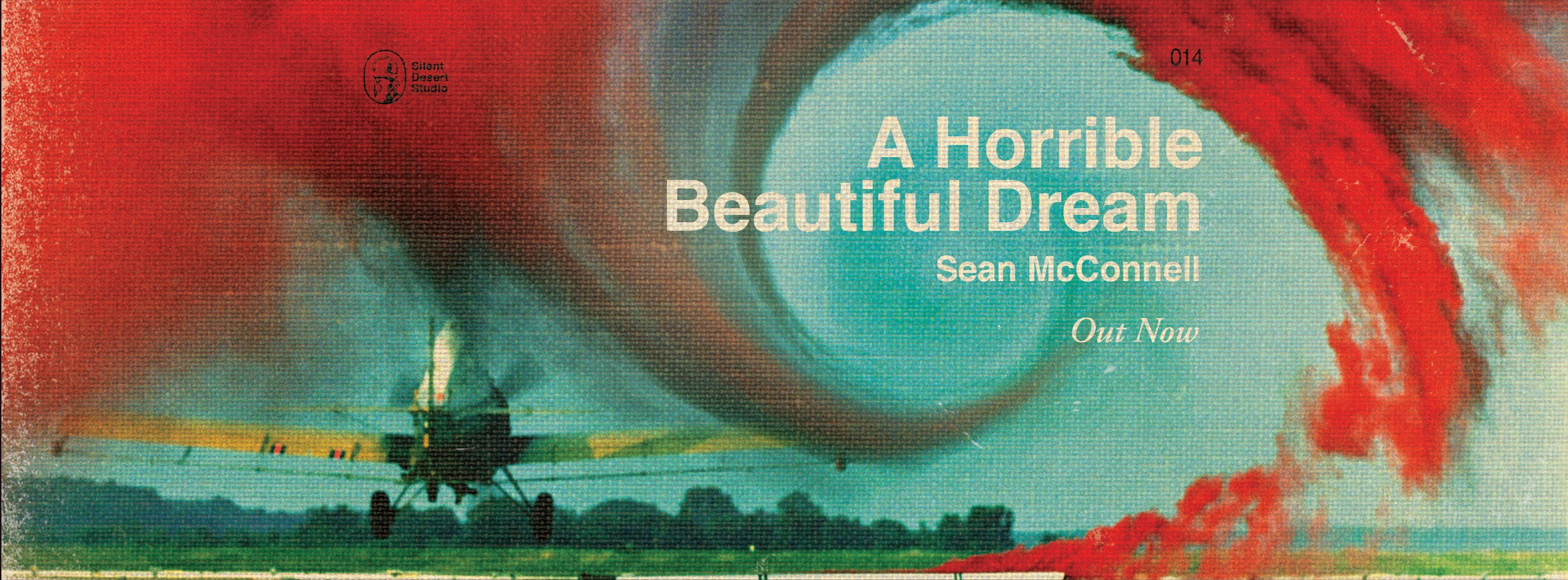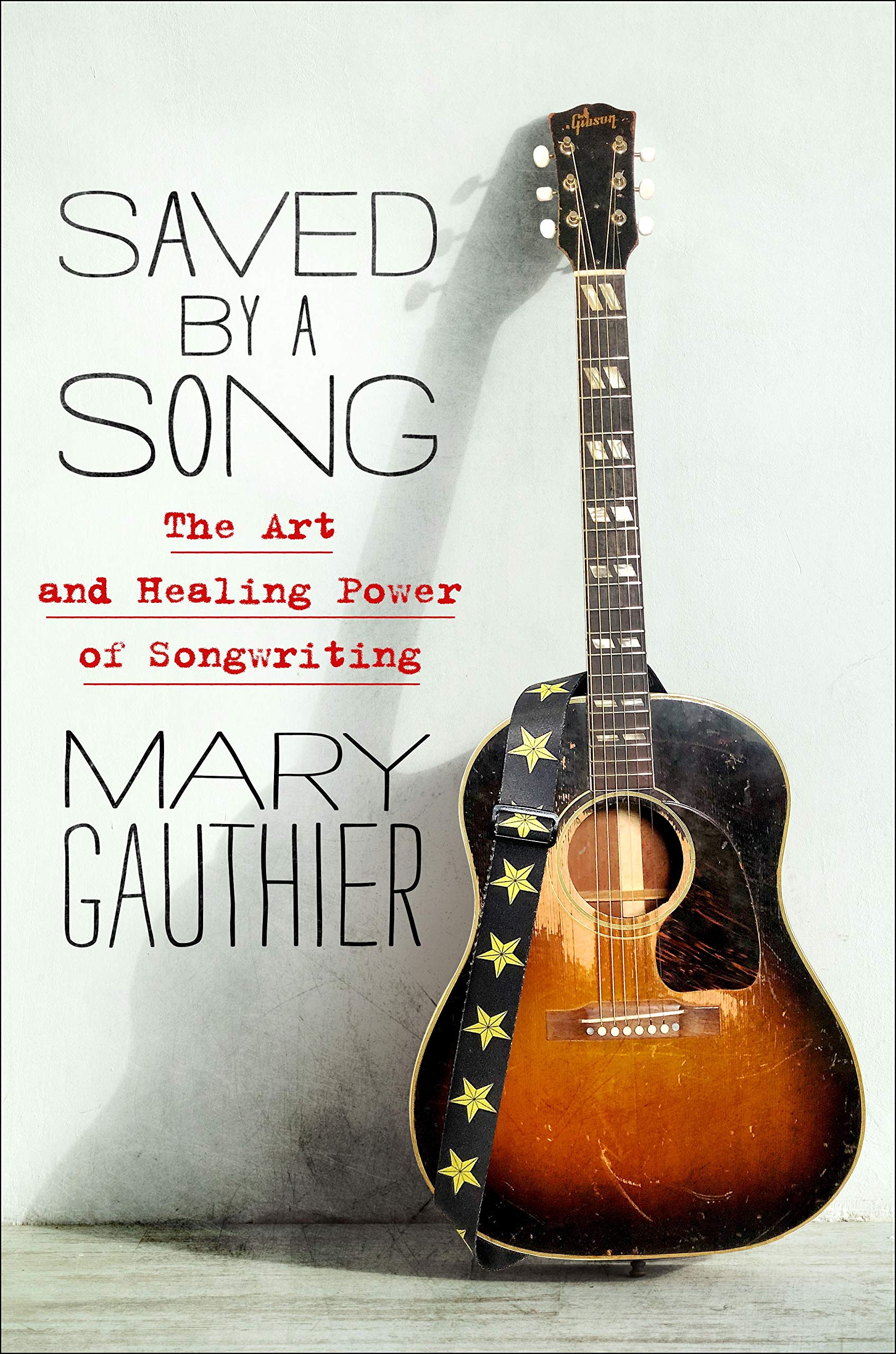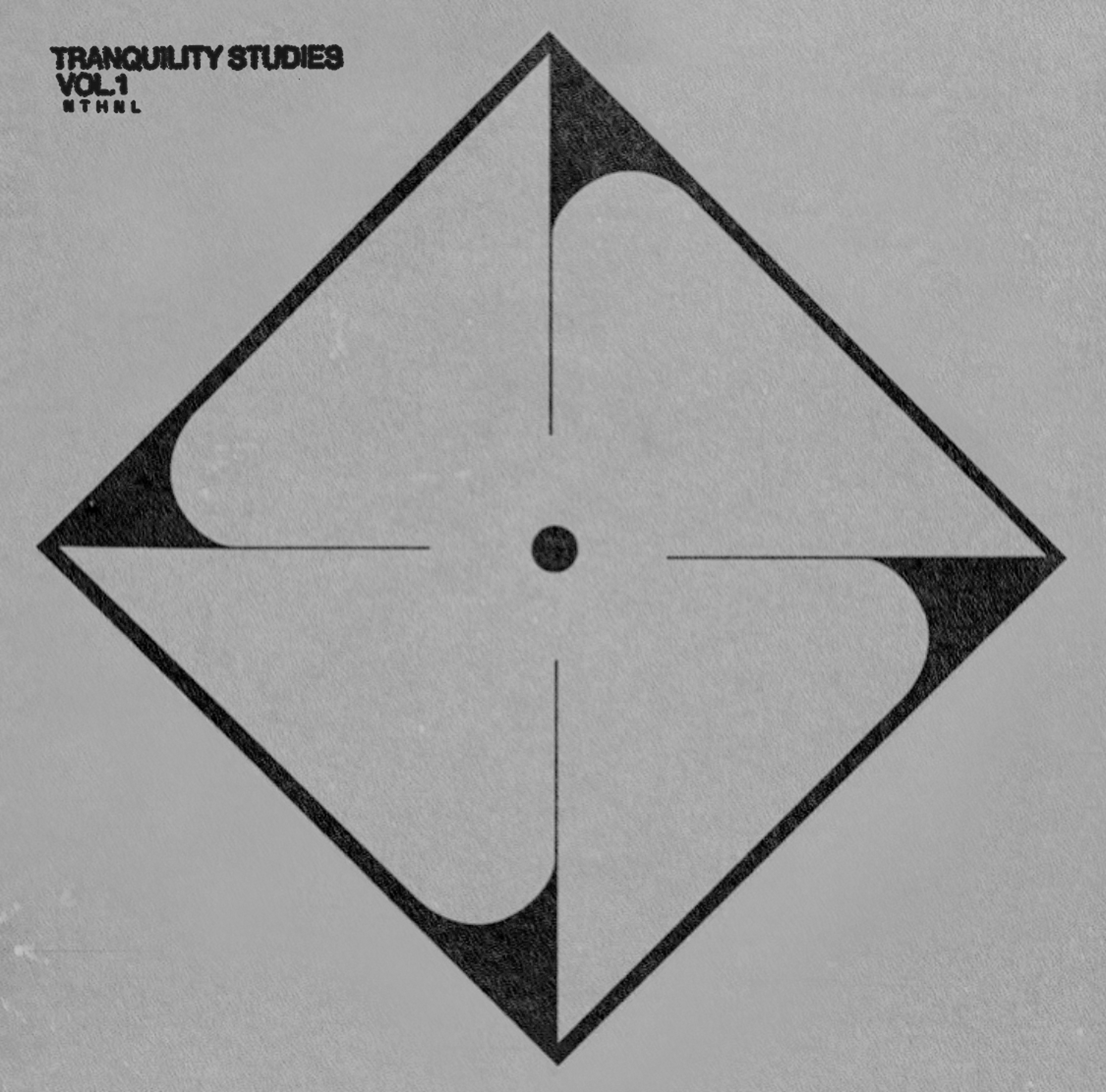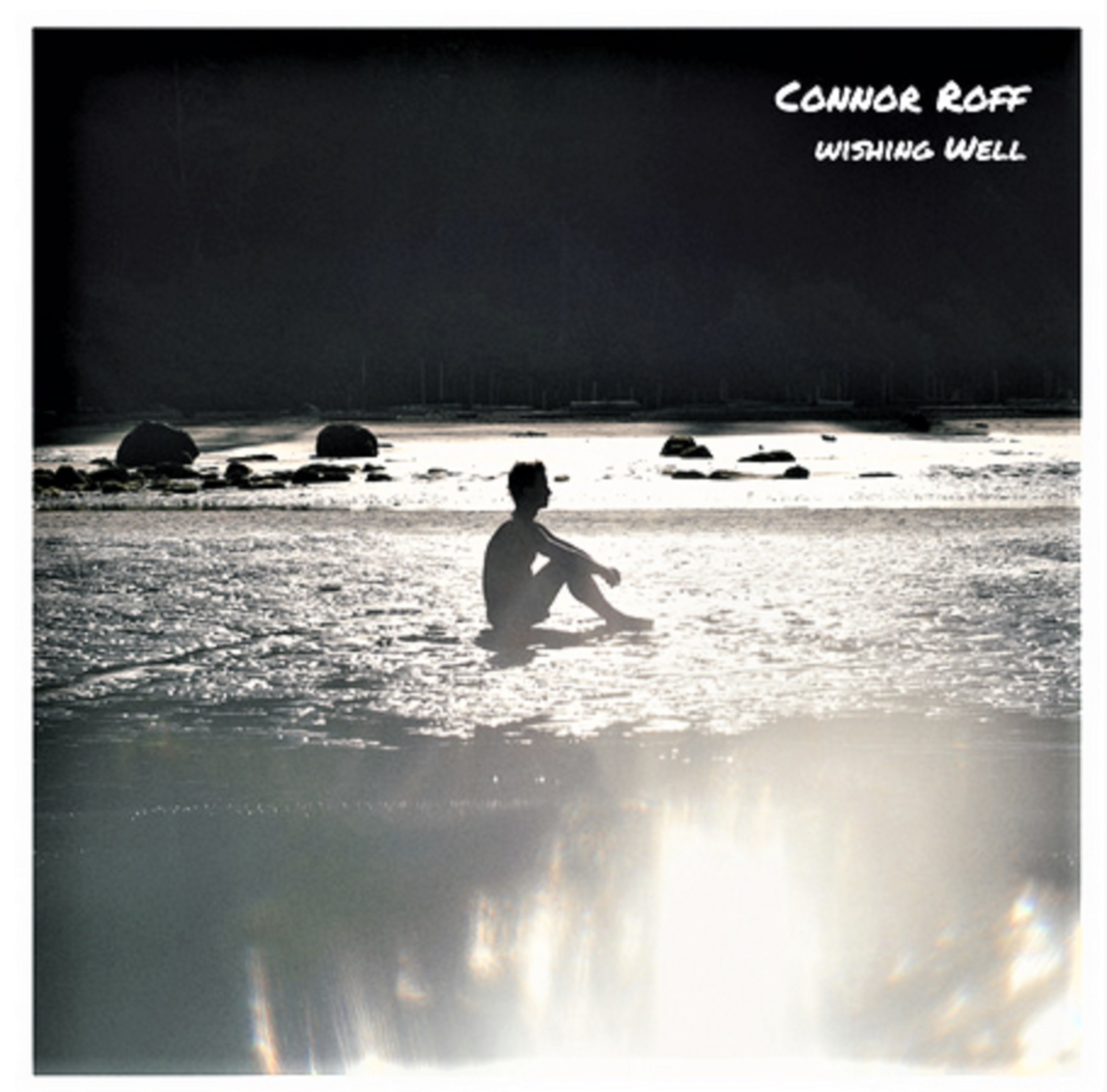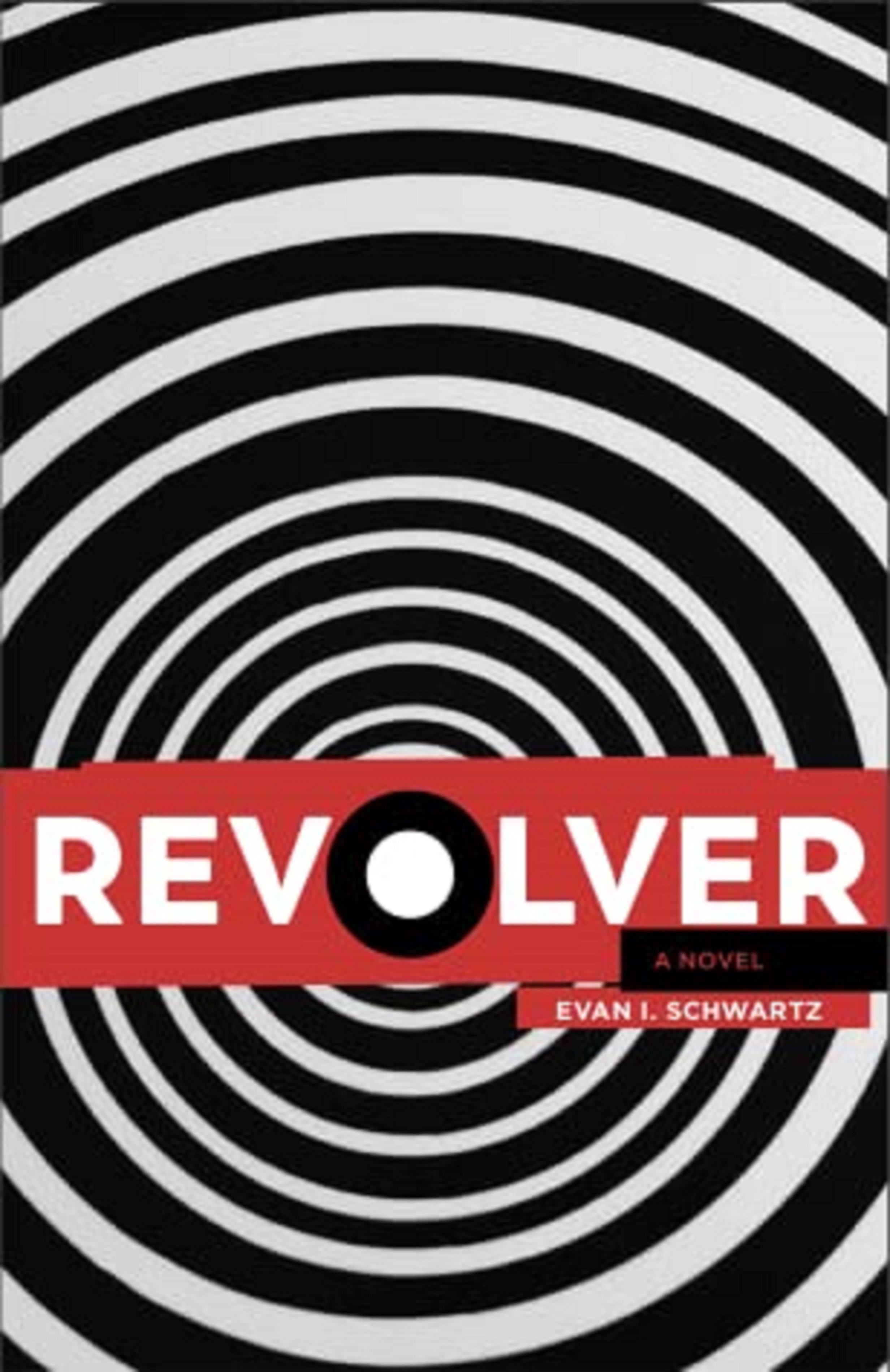Bob Marley: One Love is not a fantastic flick. There are a lot of issues within the biopic, one of which is that it only focuses on a few key years in this icon’s life. It is a snapshot that could have been so much richer. Not knowing anything about Marley’s life, I conducted my own research. The film would have been stronger if historical background was provided especially on the dueling parties within Jamaica which led to the explosive political climate as well as causing Marley’s exile. It was glossed over but not fully explained. A missed opportunity.
I wanted more on Rastafarianism! What are the tenets of the religion? What drew Marley to the movement? How did it play a role in shaping him? Marley was a revolutionary. Not just in the unifying music he created but how he challenged colonialism, racism, stood up for the economically disadvantaged, pushed love, acceptance and compassion. To do Marly justice all these aspects should have been explored, perhaps even tying them, if appropriate, to Rastafarianism or his political activism. Another missed opportunity.
A big problem is the flashbacks. I’m okay with the ones featuring Rita, Marley’s wife. Those made sense and built that storyline. However, there were repetitive themed ones focused on his father who was a white military captain. These take place in what appears to be a burning sugarcane field. Sometimes his father emerges on a horse. Other times young Marley is alone in the field, surrounded by a raging fire. Towards the end of the film, instead of his white father a Black man materializes on the horse. Not having any background of Marley’s history, these scenes are confusing. Yet again a missed opportunity to explore and expose this obviously important relationship.
Another criticism and the final missed opportunity is not depicting Marley’s journey as an artist. We get a glimpse of how the band got started but I wanted to understand Marley’s role in the development of reggae. Perhaps I’m asking for too much, especially from a film with so many other problems.
Ultimately the movie is saved by two factors: the acting and the music. From the opening scene, Kingsley Ben-Adir channels Marley’s essence providing a realistic portrayal of the legend. Lashana Lynch who plays Rita embodies strength. She is the tough but loveable matriarch, creating an endearing character. I credit Ziggy Marley, Bob and Rita’s son’s involvement in the film’s creation for ensuring the accurate depictions of his parents. And of course, there is the music! As I said, the flick was a disaster on many levels and didn’t capture the true complexities of Marley’s life. However, for one hour and 47 minutes, I put aside the ‘painful’ issues and escaped into the music. “One good thing about music, when it hits you, you feel no pain. So hit me with music, hit me with music.”






